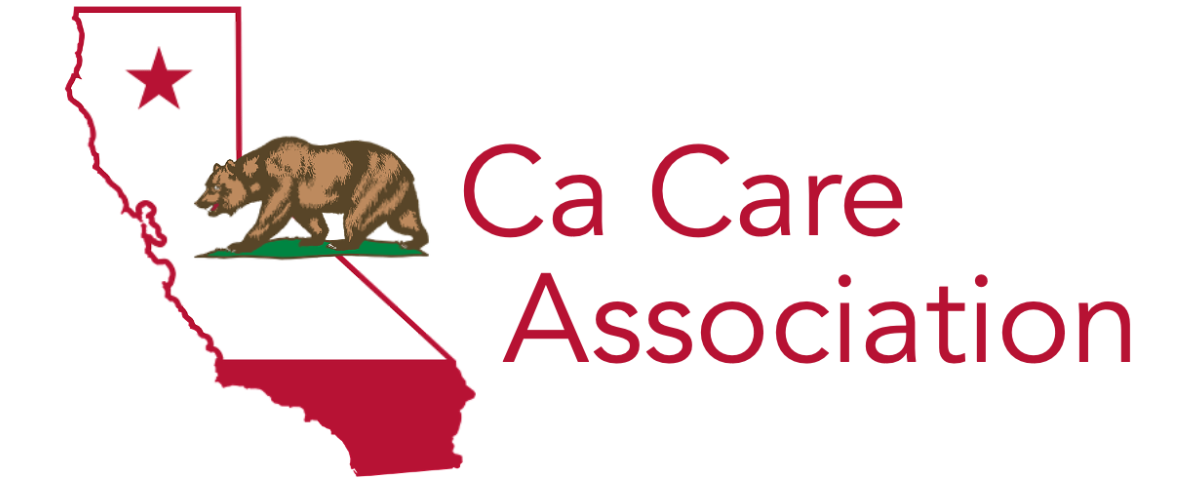Mental Health Management and Care in Older Adults
A healthy physical and social environment supports healthy aging to promote the mental health of older adults. Strategies for healthy aging can include the following:
Social support for older adults and their carers
Measures to reduce financial insecurity and income inequality
Support for healthy behavior, such as being physically active and eating a balanced diet
Program to ensure safe and accessible housing, public buildings, and transport
Social connection is important at this stage of life to improve positive mental health, life satisfaction, and quality of life. Social isolation and loneliness can increase the risk of mental health problems in older adults. Interventions such as support groups, leisure, volunteer programs, and social skills training can reduce depressive symptoms.
MENTAL HEALTH MANAGEMENT
Maintain good physical health
Eat a healthy, well-balanced diet with foods rich in omega-3 fatty acids, vitamins, and minerals to reduce the risk of cognitive decline and support brain health. Avoid unhealthy substances such as tobacco or e-cigarettes. Do not consume more than one alcoholic drink per day. Do not consume at all if instructed by your doctor. Ensure that you get seven to nine hours of sleep. Aside from physical exercise, other beneficial activities for mental health are walking, swimming, gardening, and meditation. It helps reduce the symptoms of major depressive disorder and anxiety.
Have a support system
Family, friends, and caregivers can provide practical and emotional support. Practical support can help manage their condition while maintaining independence. It can be through medical management, assistance with daily activities, and providing transportation to appointments. On the other hand, emotional support for older adults by helping them feel less isolated, such as listening to them, encouraging them, and being empathic.
Social Life
Be socially active by attending a community event, participating in social activities, volunteering, and joining clubs or groups. Older adults need to spend time with their friends, family members, or the local community. Look for local senior centers or adult education classes available to connect with the community. Being socially connected is important for our mental health.
Seek Help
Talk to a healthcare provider if you experience lasting feelings of anxiety, sadness, or hopelessness. The healthcare provider can connect you with a psychiatrist, therapist, or counselor to properly diagnose your symptoms and provide treatment.
TREATMENT AND CARE
The mental health conditions of older adults must be promptly recognized and treated. According to the World Health Organization, it should follow the standards for integrated care for older people, which is community-based and focused on the long-term care of older adults and the education, training, and support of carers. It is recommended to mix mental health interventions and other support to address their health, personal care, and social needs.
Older adults with dementia require access to quality mental health care. Intervention is also crucial for older adults who are abused, which includes mandatory reporting of abuse, helplines, and emergency shelters, psychological programs for abusers, self-help groups, and other caregiver support interventions.
HEALTH HOTLINES
The National Institute of Mental Health provides the following health hotlines:
It provides free and confidential emotional support 24 hours a day, 7 days a week, across the United States. You can call or text 988 to connect with a trained crisis counselor. You can also chat through the live chat on their website.
It is free and confidential support for veterans of all ages and circumstances. You can call 988, then press 1, or text 838255. You can also chat online on their website which is available 24/7.
It provides immediate crisis counseling for people experiencing emotional distress due to natural or human-caused disasters. It is free, confidential, multilingual, and available 24/7. You can also call or text 1-800-985-5990.
For information on Aging, you can call 800-222-2225. For information on Alzheimer’s Disease, you can call 800-438-4380. For information on Mental Health and Mental Illness, you can call 866-615-NIMH (6464).
Mental Health Illness is not a normal part of aging and can worsen caused by certain life experiences. Older adults need proper diagnosis and treatment to improve their quality of life. Care providers can provide support to alleviate challenges suffered by older adults and their families effectively.
Read more about Mental Health and Illness in Older Adults from Ca Care Association.





